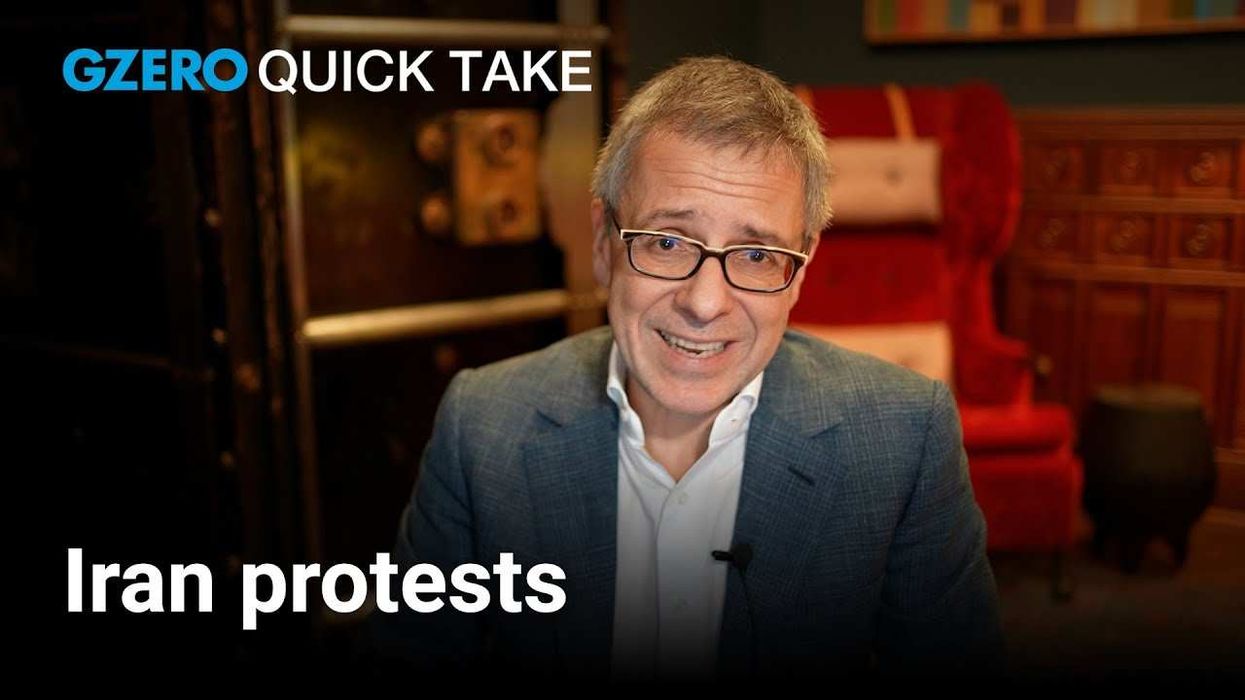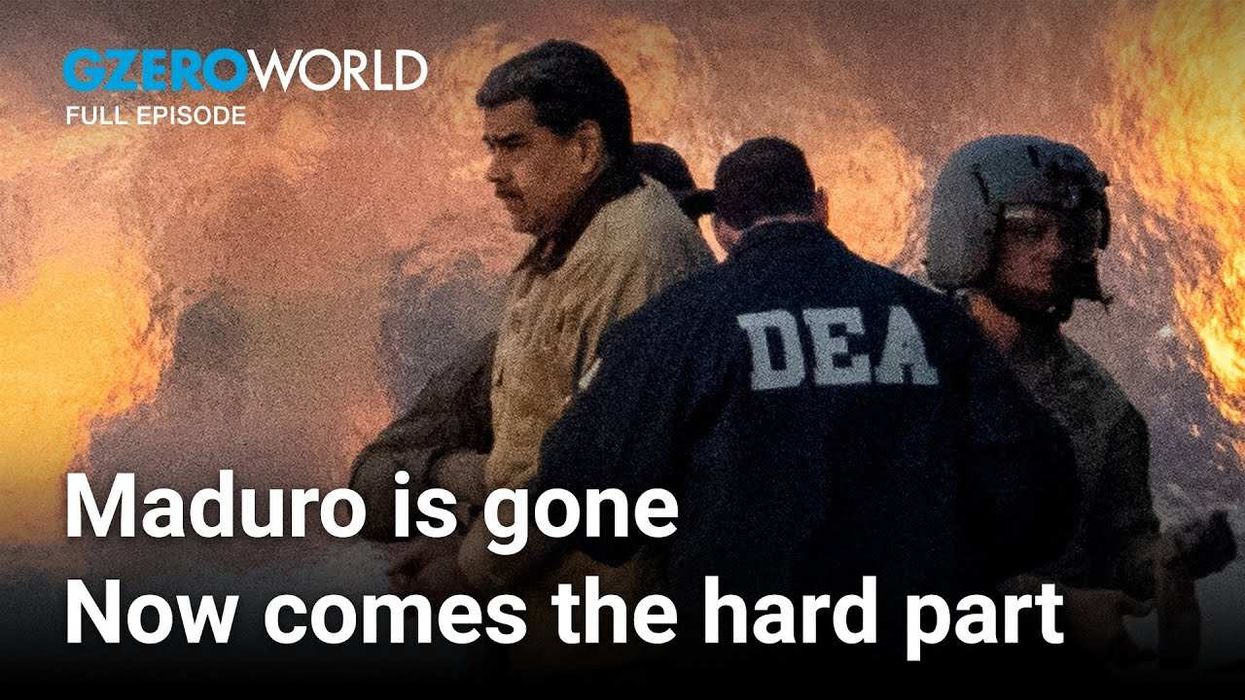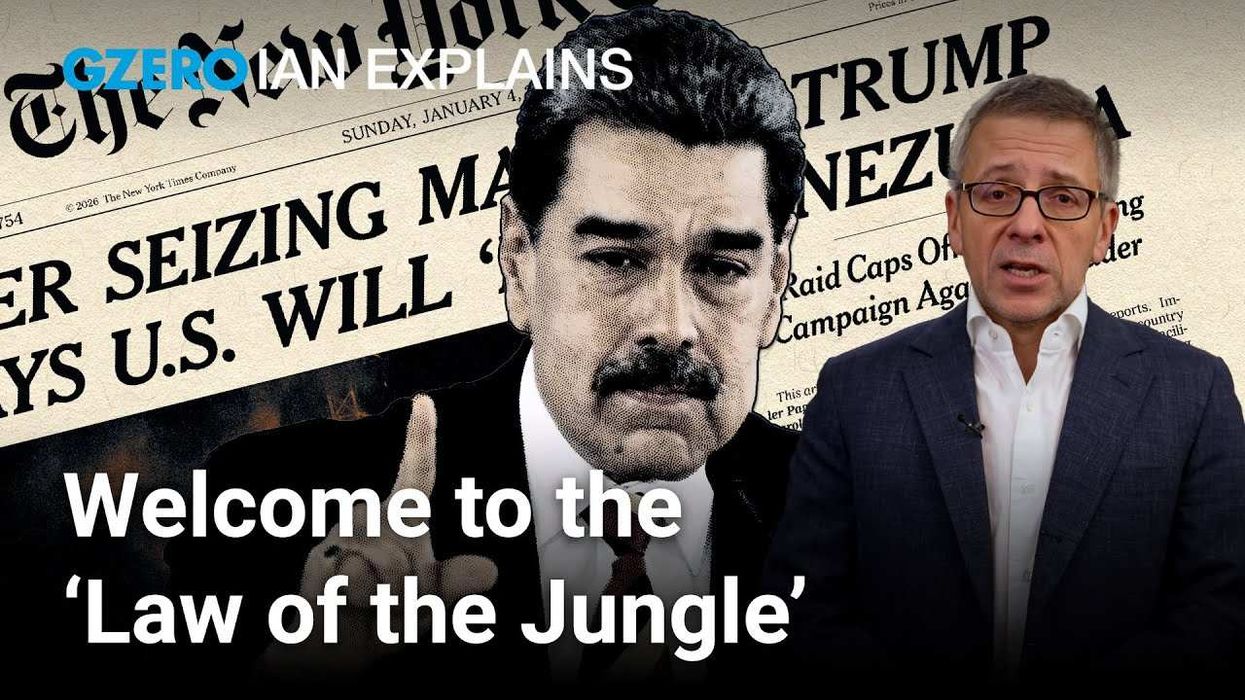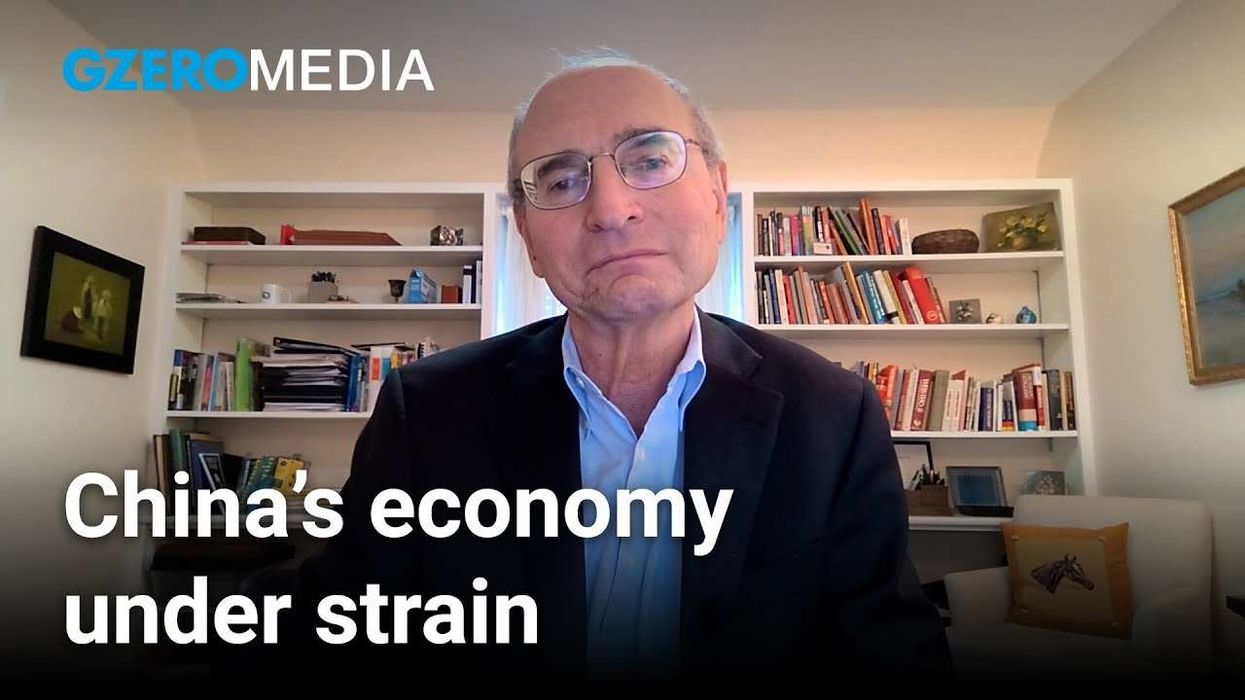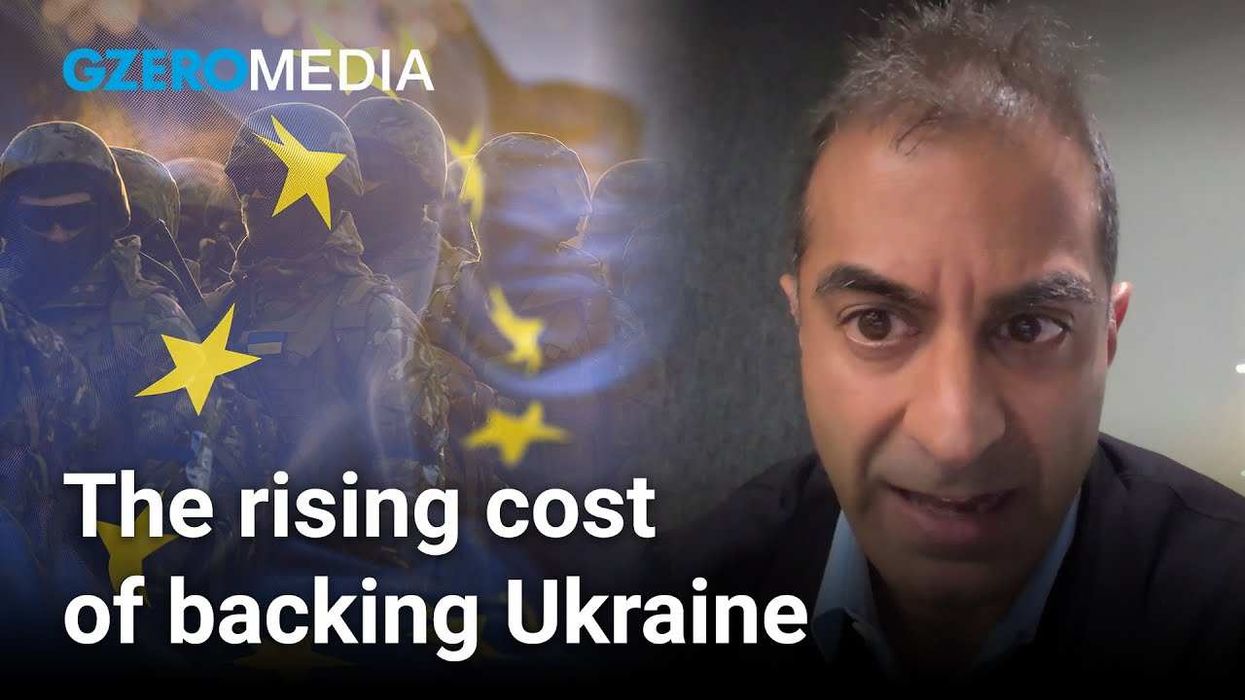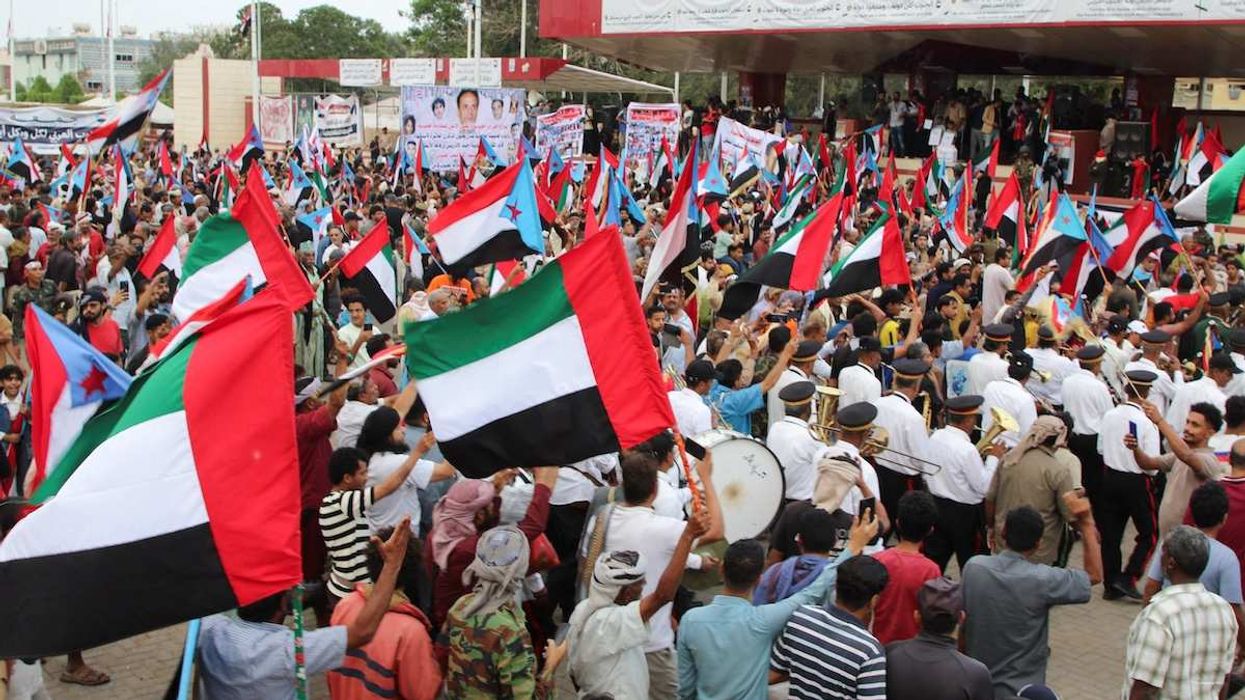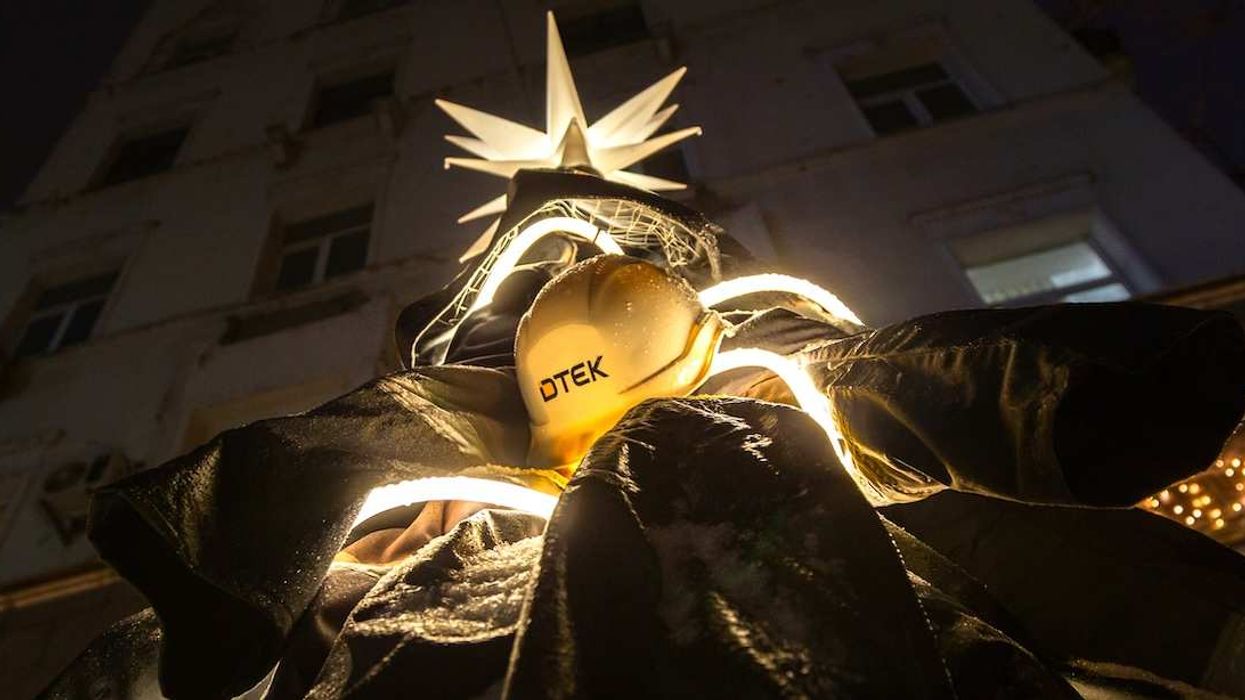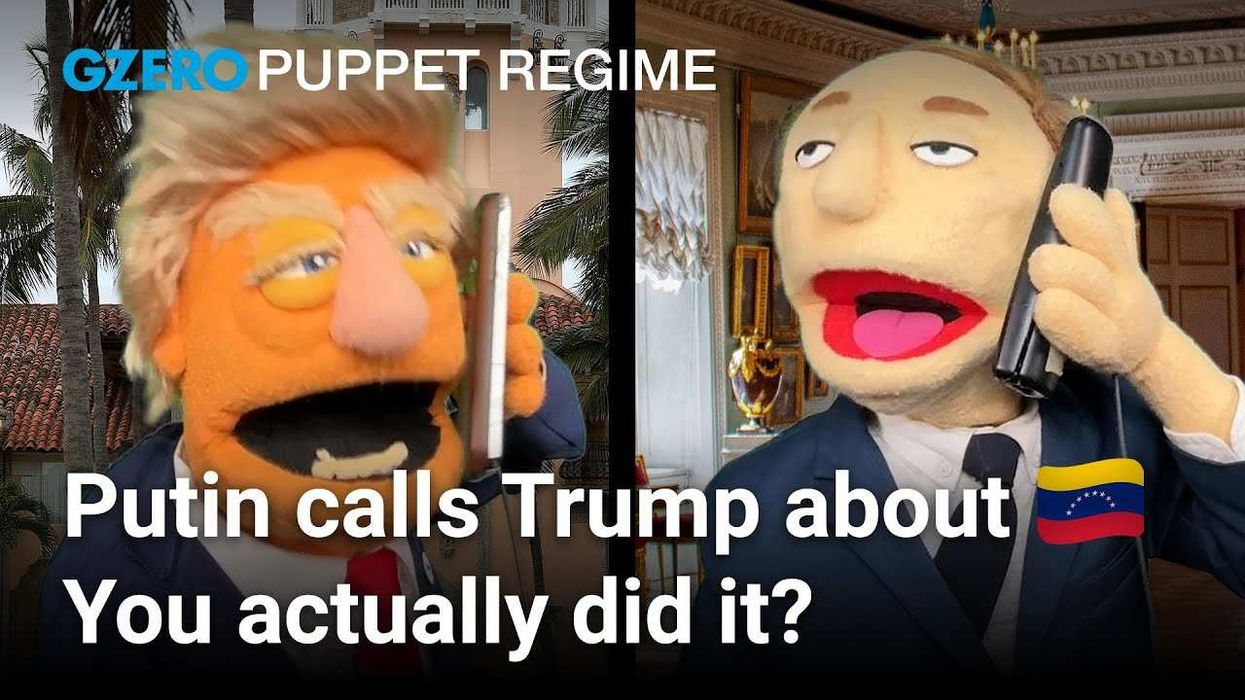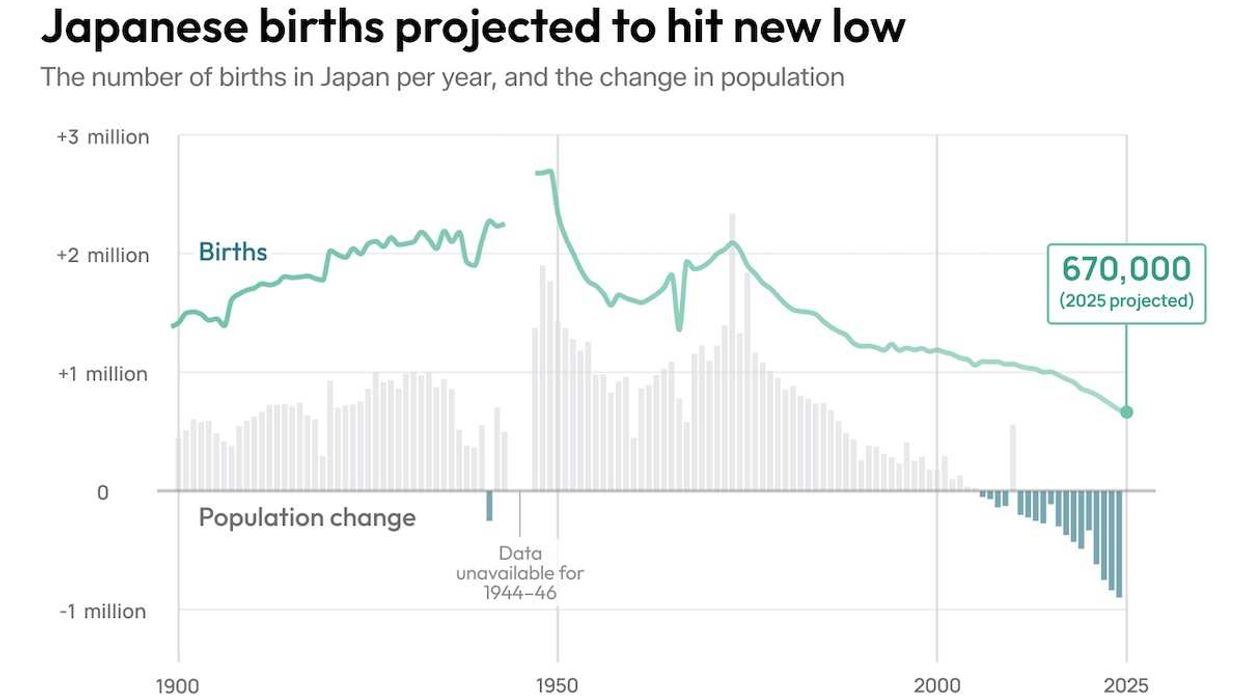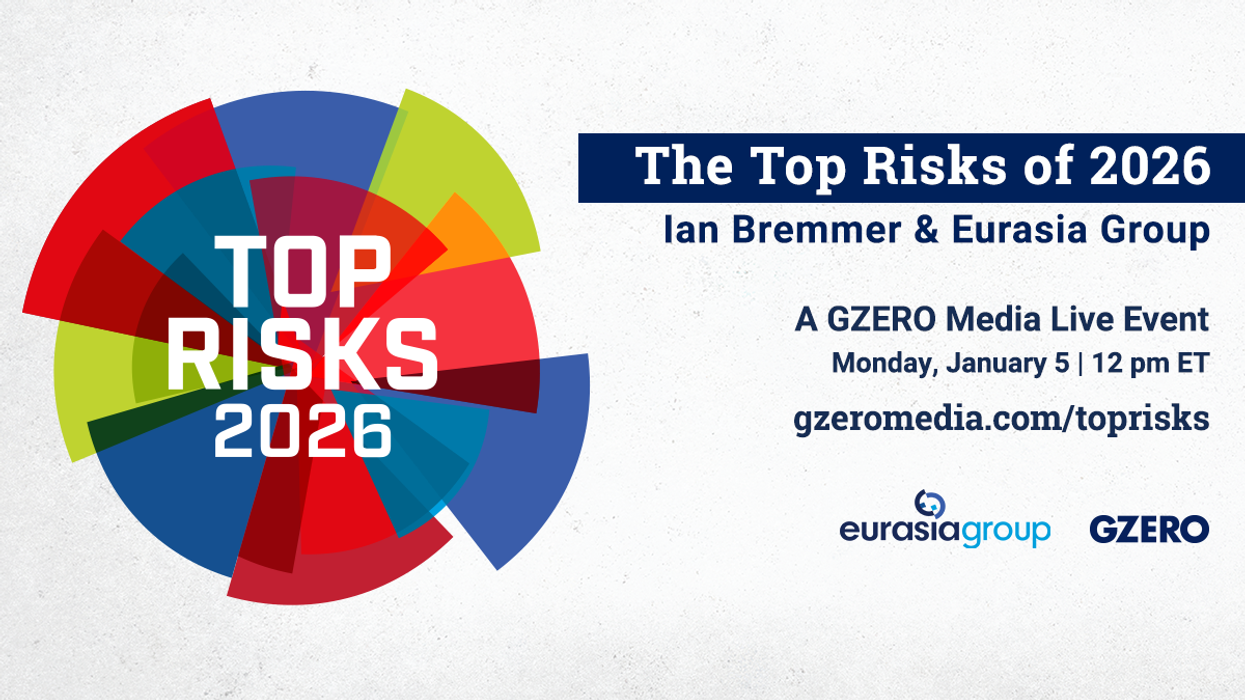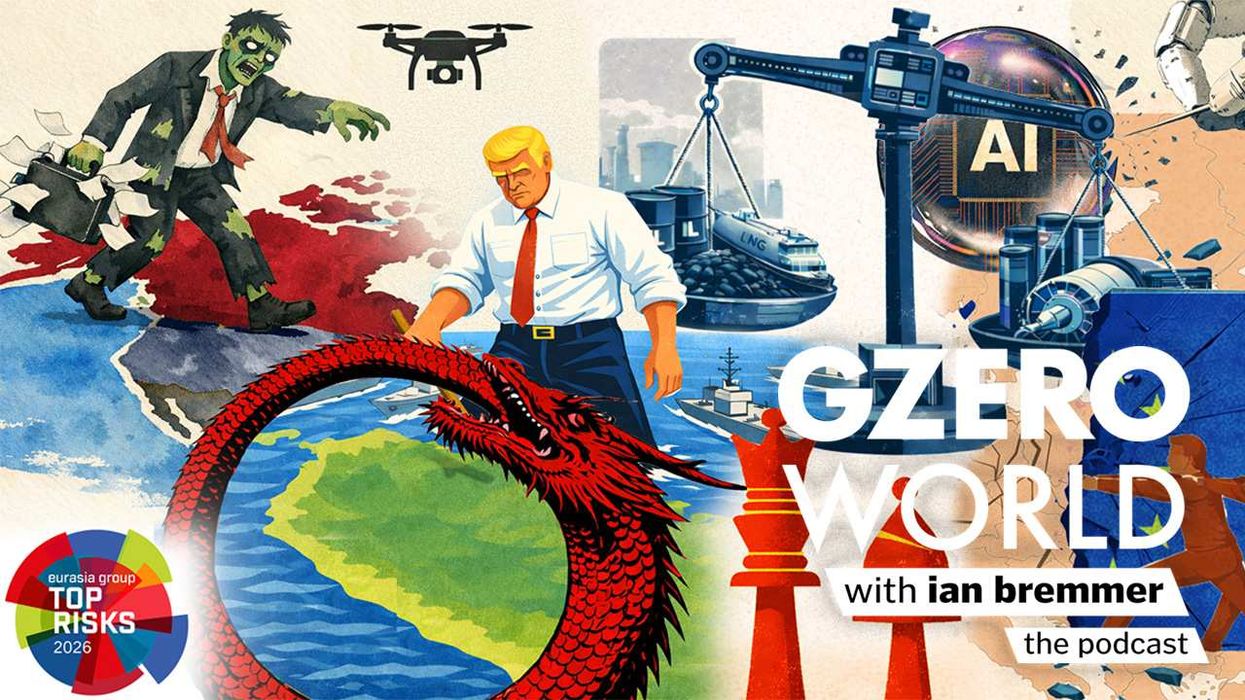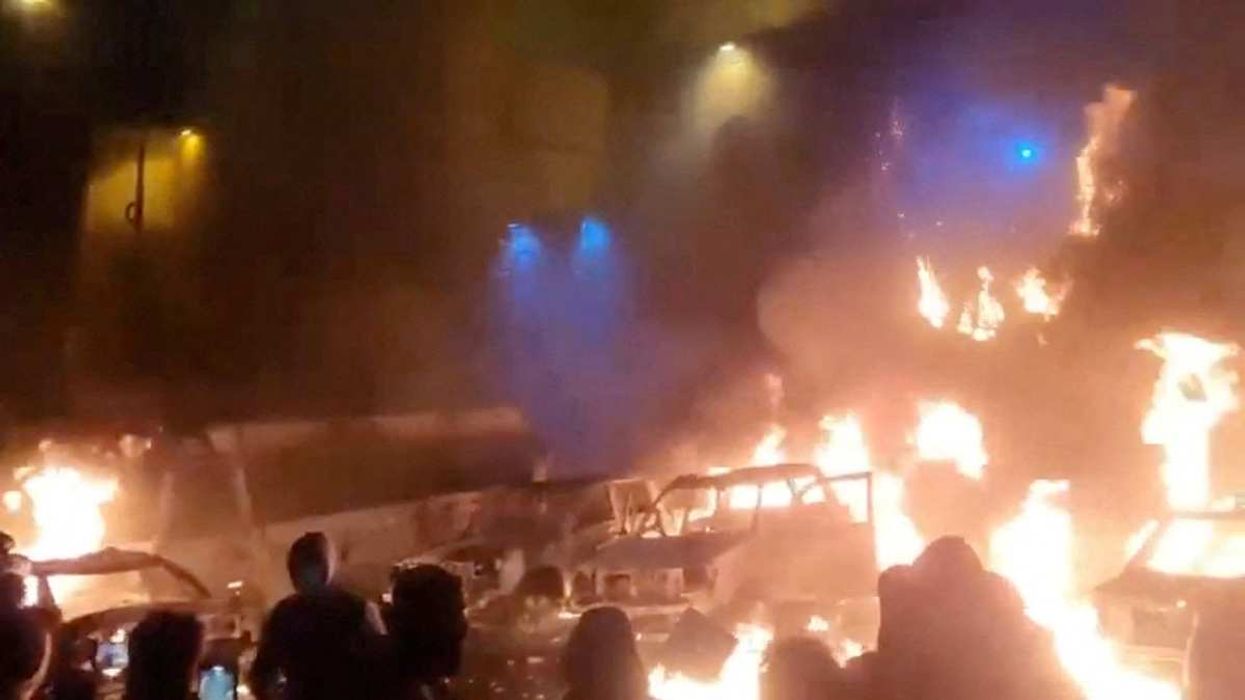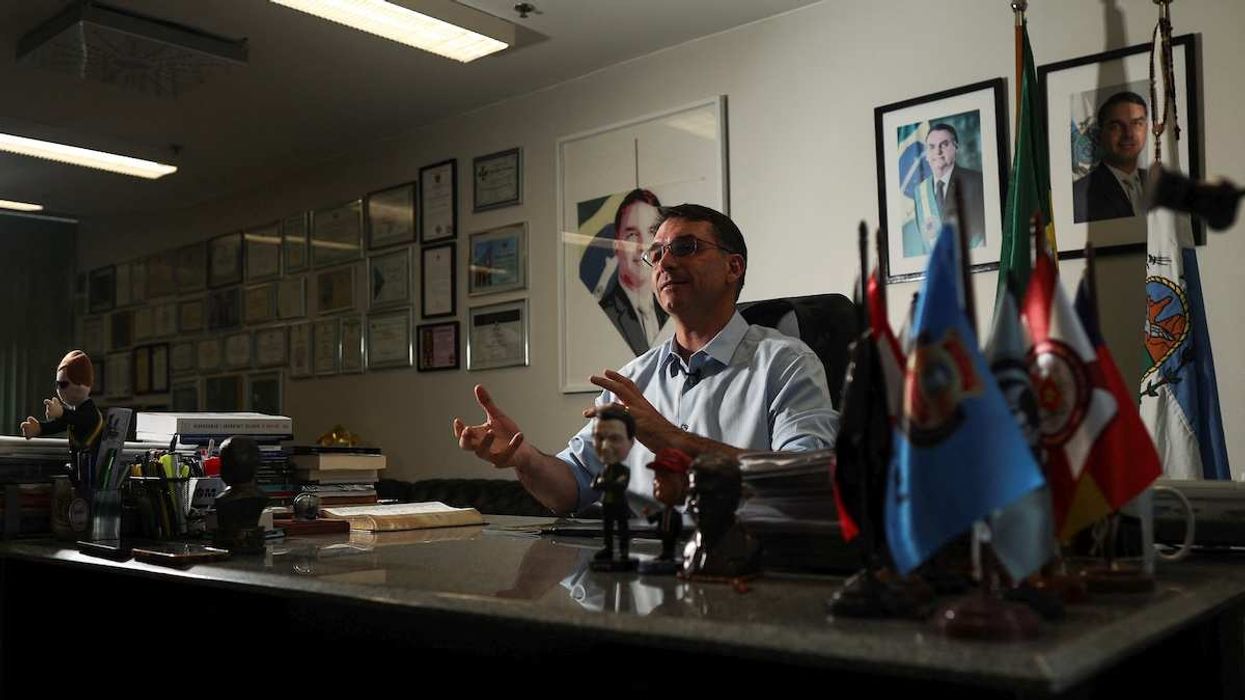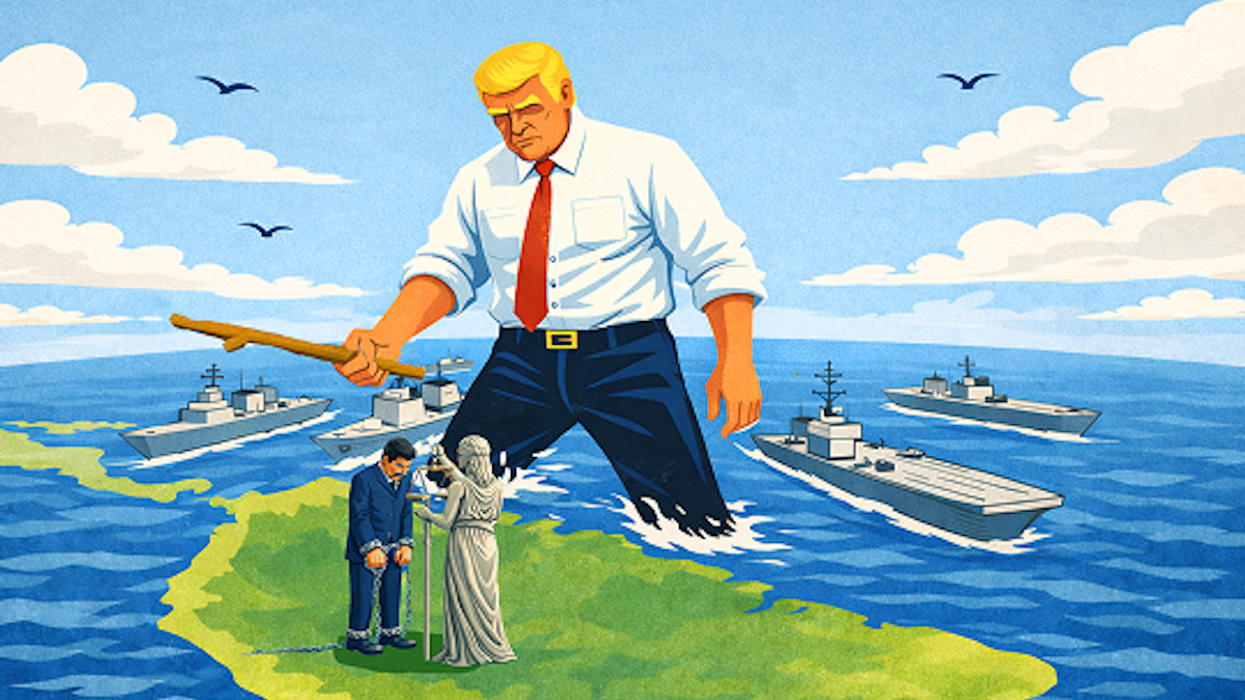As we race toward the end of 2025, voters in over a dozen countries will head to the polls for elections that have major implications for their populations and political movements globally.
Today, GZERO is highlighting three of them that stand out to us – in the United States, Argentina, and Côte d’Ivoire. The issues each of those electorates face are different, but the results could provide insight into the future of larger political trends.
Democrats seek a glimmer of hope
The United States doesn’t have a nationwide election this fall, but it has plenty of local ones to pique the interest of political nerds. These include the mayoral election in New York City, gubernatorial races in New Jersey and Virginia, and state Supreme Court races in the purple state of Pennsylvania – Election Day for all them is Nov. 4.
“Democrats probably should win all those races for this election to be to feel like a success for them,” University of Virginia politics expert Kyle Kondik told GZERO.
Though these races are local, they have national implications, as the Democratic Party desperately seeks to build some momentum after a tough year. The party is struggling for leadership, its messaging has been muddled, and it hasn’t been able to even temper – let alone stop – President Donald Trump’s policy agenda.
One Democrat who has brought some life to the party this year is Zohran Mamdani, the nominee for New York City mayor. A democratic socialist, Mamdani rode the waves of a successful social-media campaign to defeat former New York Governor Andrew Cuomo in the primary, and is now all-but-certain to become the mayor. This doesn’t mean his message, though, will work elsewhere in the country.
“There may be something appealing about Mamdani’s campaigning style – the short videos, that sort of thing.” said Kondik. “But I don’t think staking out left-wing positions is going to suddenly be seen as a winning strategy.”
Can Milei clean up the midterm mess?
Argentine President Javier Milei’s libertarian movement is on the line as the South American country heads to the polls on Sunday in legislative elections.
The economist-turned-politician, replete with his mutton chops and sometimes a chainsaw, has become a figurehead for a global movement to slash the size of government via “shock therapy.” However, he’s faced some roadblocks recently: unemployment is increasing, the economy is slowing, and a corruption scandal sent government bonds tumbling over the summer. It didn’t help matters that his foreign minister resigned on Wednesday. This has all overshadowed the significant progress that Milei has made in cutting the country’s notoriously high inflation rate.
Though Milei isn’t personally on the ballot this year, an ally from afar has tried to throw his party a lifeline: US President Donald Trump pledged to hand Argentina a $20-billion bailout. The money comes with conditions, though. “If he doesn’t win, we’re gone,” Trump said. “If he loses, we are not going to be generous with Argentina.”
So what’s Milei’s target? Milei’s Libertad Avanza party is still nascent – it was only formed in 2021 – so it has only scant representation in the National Congress. What’s more, only a third of senators are up for reelection, and half the Chamber of Deputies. The goal for Milei, then, is simply to nab a third of all seats in the lower chamber, which will be enough to give him veto power.
Will it happen? “The expectation a couple of months ago was the government was expecting to have a very strong performance in the election and win at least a third of the seats.” Juan Cruz Díaz, the managing director of Buenos Aires-based advisory firm Cefeidas Group, told GZERO. “Now the situation is more challenging.”
Another old leader set to retain power on world’s youngest continent
Côte d’Ivoire on Africa’s West Coast is known for many things: it is the world’s largest cocoa producer, it has large gold reserves – particularly important with gold prices sky high – and it has had its share of world-class soccer players, most notably Didier Drogba.
One thing that the country isn’t known for, at least recently, is democracy. The country hasn’t had a peaceful transition of power in decades: two of the last three presidents were forcibly deposed, and the other was assassinated two years after leaving office. Meanwhile the incumbent leader Alassane Ouattara, who is 83 and seeking a fourth term, has clamped down on opposition leaders and restricted mass gatherings on the grounds that it could cause yet another coup.
What’s more, the opposition is fragmented, according to Eurasia Group’s West Africa analyst Jeanne Ramier.
“Nobody has successfully managed to mobilize against the fourth term,” said Ramier. “Whereas, on the contrary, many people are actually advocating for Ouattara because he’s got a good record, because they want stability and peace.”
Ouattara’s impending victory also highlights a trend across Africa: There are several elderly leaders across the continent, and many are set to stay in charge. It’s a remarkable trend on what is the youngest continent in the world – by some distance – and one that is fueling concerns about the state of democracy across it.


